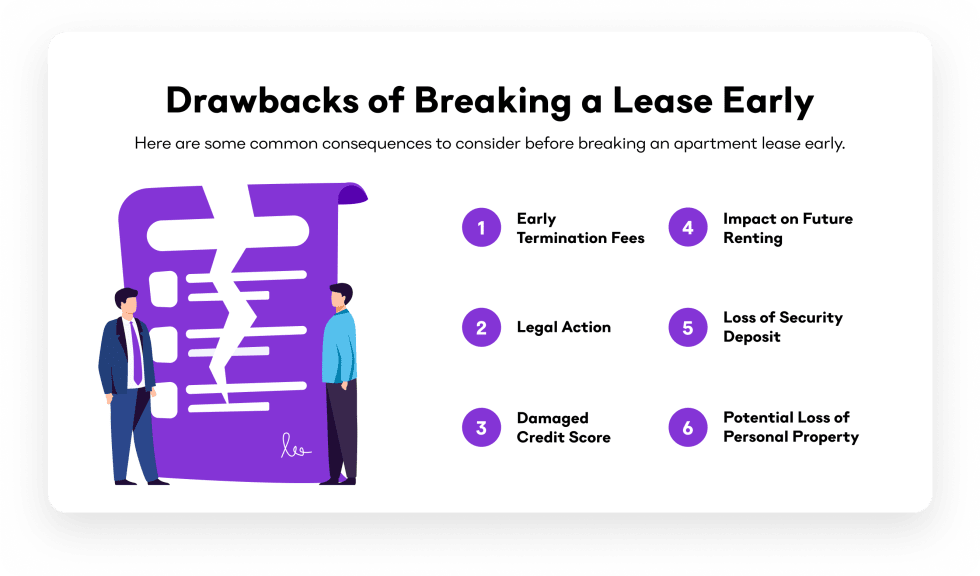Breaking a Lease: What Are the Consequences?
Breaking a Lease: What Are the Consequences?
Blog Article
The hire industry is always shifting, with more visitors than actually rethinking their residing situations. Queries around “what happens if you break a lease” soared by around 70 % within the last few year alone, reflecting a definite trend. Whether it's a work change, unexpected financial challenges, or a relationship shift, your decision to break a lease is not someone to get lightly. Understanding the major factors at enjoy will save you from sudden economic and legal headaches.

Early Terminations on the Increase
A recently available examination across major US cities unmasked that around 18 % of tenants contemplate breaking their lease before the entire expression ends. That mirrors broader changes in employment, lifestyle, and even psychological health priorities. Information also implies that young visitors, particularly those old 18 to 34, are the absolute most probably to make a move mid-lease. If you are in that group, you're not at all alone.
Financial Penalties Top the Record
The absolute most quick problem tenants have is the economic impact. Review benefits suggest that 65 % of landlords charge some type of early termination price, which can range from the charge of a single month's lease to the total lease remaining on your own agreement. About 28 % of renters surveyed claimed they underestimated these expenses, leading to shock costs that set straight back their budgets.
Concealed Fees and Different Expenses
It's not merely about termination fees. Some landlords also withhold security remains or charge for re-listing the property. Normally, renters can eliminate one more 20 percent of their deposit if the house needs washing or fixes after an earlier exit. Understanding these numbers may help with decision making before providing notice.
Legitimate and Credit Effects
Breaking a lease can follow you in more ways than one. Nearly 22 per cent of renters who broke their leases without settling described a ding for their credit report. Landlords can send your unpaid balances to libraries, making it harder to lease elsewhere or secure loans. Also, being sued for unpaid rent is just a true, if less popular, risk.
Acceptable Reasons and Negotiations
Not all lease breaks are handled equally. The absolute most commonly recognized reasons contain wellness and safety violations, military deployment, or substantial house injury from activities like organic disasters. Over fifty percent of tenants polled properly negotiated making use of their landlords for a lowered price or easier phrases if they presented paperwork for such reasons.
The Connection Component
Information implies that renters who proclaimed early and overtly using their landlords could save yourself typically 35 per cent on penalty costs. Placing objectives, sharing documentation, and arranging for an alternative tenant may all reduce the fallout. The sooner you start the discussion, the higher your chances to decrease charges and protect your credit score.
What the Traits Tell People
Lease-breaking is actually trending upward. Yet, the risk of sudden expenses and legal difficulty remains high for those who do not plan ahead. Reviewing your lease agreement, knowledge the fine print, and seeking legal services if required are clever first steps.
Examining lease-breaking statistics may give visitors a better image of what's at share, making it more straightforward to consider their alternatives and avoid economic missteps. Being prepared and positive converts what might be a major setback into a well-managed transition. Report this page